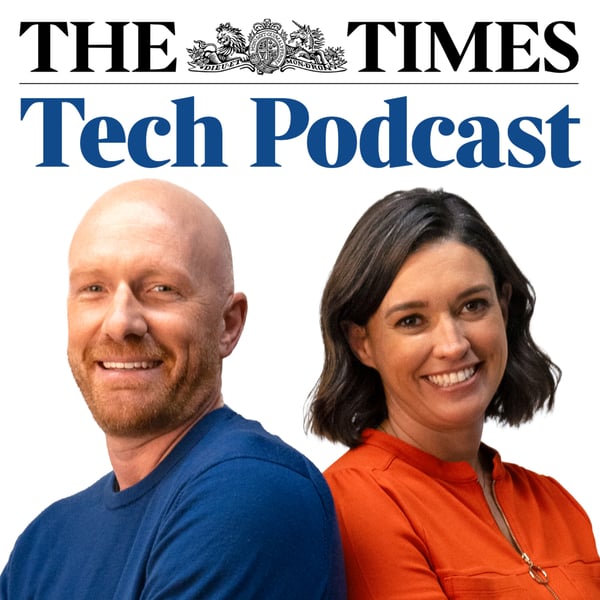Parler's John Matze: "Hate speech is free speech"
The Times Tech Podcast
Will Morley
4.9 • 654 Ratings
🗓️ 16 October 2020
⏱️ 48 minutes
🧾️ Download transcript
Summary
Hosted on Acast. See acast.com/privacy for more information.
Transcript
Click on a timestamp to play from that location
| 0:00.0 | Yo, technology. |
| 0:02.9 | What is it all about? |
| 0:04.4 | The biggest thing for us is we have to get people to buy into this idea that free speech, even speech we don't like, is acceptable. |
| 0:11.9 | I mean, not acceptable. |
| 0:13.0 | But what it is is it's acceptable that people can actually say it, right? |
| 0:29.1 | Hello and welcome to Danny in the Valley, your weekly dispatch from behind the scenes and inside the minds of the top people in tech. |
| 0:34.0 | I'm your host, Danny Forts, and the West Coast correspondent for The Sunday Times. |
| 0:40.2 | And we have a thought-provoking one for you this week. Our guest is John Mates. That's not M-A-T-E-S. It's M-A-T-Z or Z-E. And he's the founder of Parlor, which is |
| 0:51.2 | best way to think of it as like a Twitter look-alike. but it has gained traction within a small kind of section of society, namely conservatives, right, far right, extremist folks. |
| 1:02.9 | I wanted to talk to mates because obviously we're at this very fraught time with the election coming as well as misinformation, disinformation, the way that ideas |
| 1:13.9 | are being shared and spread around online and how they're trickling out into the real world. |
| 1:21.1 | And think about social media. |
| 1:23.2 | We've seen Facebook and Twitter and YouTube get more aggressive in recent weeks and months |
| 1:28.7 | with their decisions around what they allow and don't allow. |
| 1:31.9 | They banned Q&N, I think just this past week. |
| 1:36.2 | They put fact check labels on tweets from Donald Trump. |
| 1:40.5 | And just this week, Facebook banned post-denial Holocaust. |
| 1:45.5 | And then there was this whole kerfuffle around the New York Post story on Hunter Biden, |
| 1:48.7 | which both Facebook and Twitter tried to reduce the spread of without a real clear explanation of why of the kind of the reasoning behind that. |
| 1:58.2 | Now, this is all done broadly in the name of civility and safety and societal |
| 2:03.2 | cohesion, but it all is just very, very messy. And it also begs the question, what happens to those |
| 2:11.9 | folks who get banned and are then just pushed out even further to the fringes by those decisions. |
... |
Please login to see the full transcript.
Disclaimer: The podcast and artwork embedded on this page are from Will Morley, and are the property of its owner and not affiliated with or endorsed by Tapesearch.
Generated transcripts are the property of Will Morley and are distributed freely under the Fair Use doctrine. Transcripts generated by Tapesearch are not guaranteed to be accurate.
Copyright © Tapesearch 2025.

